Debt Management: Strategies to Pay Off Debt Faster
Debt can be a significant burden, impacting both financial stability and mental well-being. Effective debt management is essential for regaining control over your finances and paving the way to a debt-free future. This article explores various strategies to help you pay off debt faster, regain financial freedom, and improve your overall financial health.
1. Understanding Debt Management
Debt management involves creating a plan to pay off debts systematically while minimizing interest and maintaining your financial well-being. Effective debt management can lead to improved credit scores, reduced financial stress, and greater peace of mind. Understanding your debts, their terms, and interest rates is the first step in developing a successful debt management strategy.
2. Assessing Your Financial Situation
Before implementing any debt management strategies, it’s crucial to assess your current financial situation. List all your debts, including credit cards, personal loans, and any other obligations. Take note of the total amounts owed, interest rates, and monthly payments. This comprehensive overview will help you prioritize which debts to tackle first and establish a clear roadmap for repayment.
3. Creating a Budget
A well-structured budget is essential for effective debt management. Begin by calculating your monthly income and expenses, identifying areas where you can cut back to allocate more funds toward debt repayment. A budget allows you to track your spending habits, prioritize necessary expenses, and ensure you have enough money set aside for debt payments. By creating a realistic budget, you can take control of your finances and expedite your debt repayment process.
4. Prioritizing Debts
Not all debts are created equal, so it’s important to prioritize them based on factors such as interest rates and outstanding balances. The avalanche method focuses on paying off high-interest debts first, which can save you money in interest payments over time. Alternatively, the snowball method encourages you to tackle smaller debts first, providing quick wins that can motivate you to continue. Choose a method that aligns with your financial goals and psychological comfort.
5. Increasing Your Monthly Payments
If possible, consider increasing your monthly payments on your debts. Paying more than the minimum payment can significantly reduce the time it takes to pay off debt and decrease the overall interest paid. Even small increases in your monthly payments can have a substantial impact over time. Allocate any extra funds, such as bonuses, tax refunds, or side hustle income, directly toward your debts to accelerate your repayment plan.
6. Negotiating Lower Interest Rates
Negotiating lower interest rates with creditors can make a significant difference in your debt repayment strategy. Reach out to your credit card companies and lenders to inquire about potential rate reductions. Demonstrating a good payment history and expressing your intention to remain a loyal customer can improve your chances of successfully negotiating lower rates. A reduced interest rate means more of your payment goes toward the principal balance, helping you pay off debt faster.
7. Consolidating Your Debt
Debt consolidation involves combining multiple debts into a single loan with a lower interest rate. This strategy simplifies your monthly payments and can reduce the overall interest you pay. You can consolidate debt through personal loans, balance transfer credit cards, or home equity loans. However, be cautious and ensure that you understand the terms of the new loan and avoid accruing additional debt during the consolidation process.
8. Using the Debt Snowball Method
The debt snowball method is a popular strategy for paying off debt by focusing on the smallest balances first. This approach provides a psychological boost as you eliminate smaller debts quickly, which can motivate you to continue your debt repayment journey. By paying off smaller debts, you free up more funds to apply to larger debts, creating a snowball effect that accelerates your progress. This method is effective for those who thrive on quick wins.
9. Exploring Debt Management Programs
If managing debt becomes overwhelming, consider seeking assistance from a debt management program (DMP). These programs typically involve working with a credit counseling agency that helps you create a debt repayment plan. They may negotiate lower interest rates with creditors on your behalf and provide guidance on budgeting and financial management. A DMP can help you regain control over your finances and pay off debt faster with professional support.
10. Building an Emergency Fund
While focusing on paying off debt, it’s also essential to build a small emergency fund. Having a financial cushion can prevent you from relying on credit cards for unexpected expenses, which can lead to further debt accumulation. Aim to save at least $500 to $1,000 in an easily accessible account. This safety net allows you to manage unforeseen costs without derailing your debt repayment efforts.
11. Avoiding New Debt
One of the most critical strategies for successful debt management is to avoid taking on new debt while paying off existing obligations. Resist the temptation to use credit cards or apply for new loans during your repayment journey. Instead, focus on living within your means and using cash for purchases whenever possible. Developing healthy spending habits will support your goal of becoming debt-free and improve your financial stability.
12. Tracking Your Progress
Monitoring your progress is vital for staying motivated and accountable during your debt repayment journey. Keep track of your payments, remaining balances, and the time it takes to pay off each debt. Celebrate milestones along the way, whether it’s paying off a particular debt or reaching a specific payment goal. Visualizing your progress can motivate you to stay on track and continue striving toward financial freedom.
13. Seeking Professional Help
If your debt situation feels unmanageable or overwhelming, seeking professional help from a financial advisor or credit counselor can be beneficial. These professionals can provide personalized advice, strategies, and support tailored to your unique financial situation. They can also help you navigate complex debt scenarios, providing guidance on the best course of action for your circumstances.
14. Learning from Your Experience
As you work through your debt repayment journey, take time to reflect on the lessons learned. Understanding the behaviors and choices that led to your debt accumulation can help you make more informed financial decisions in the future. Consider keeping a journal to document your experiences, challenges, and successes. This practice can foster personal growth and help you develop better financial habits moving forward.
15. Conclusion
Effective debt management is essential for achieving financial freedom and reducing the stress that debt can cause. By implementing strategies such as creating a budget, prioritizing debts, negotiating lower interest rates, and seeking professional help, you can accelerate your journey toward becoming debt-free. Remember that debt repayment takes time and commitment, but with a solid plan and determination, you can regain control of your finances and pave the way for a brighter financial future.


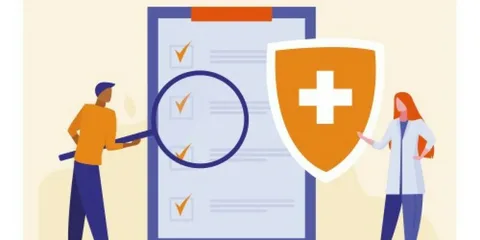

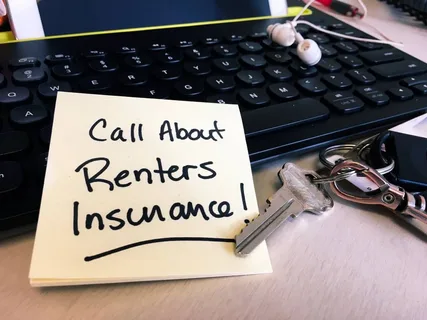

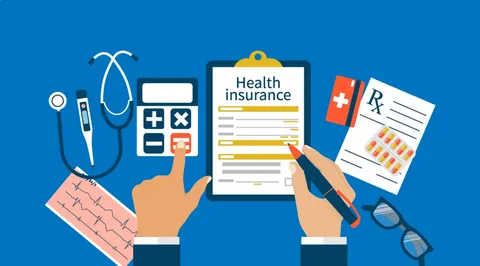
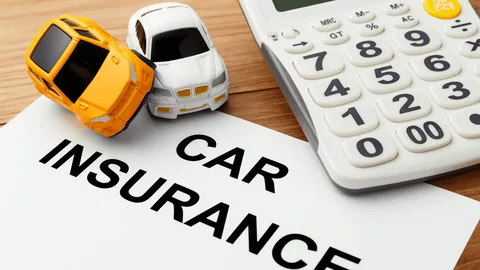

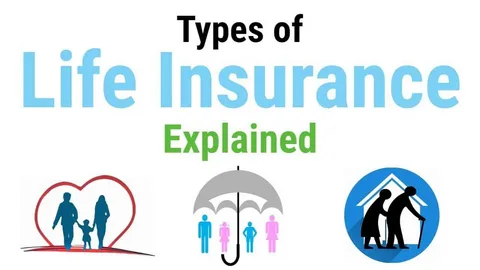
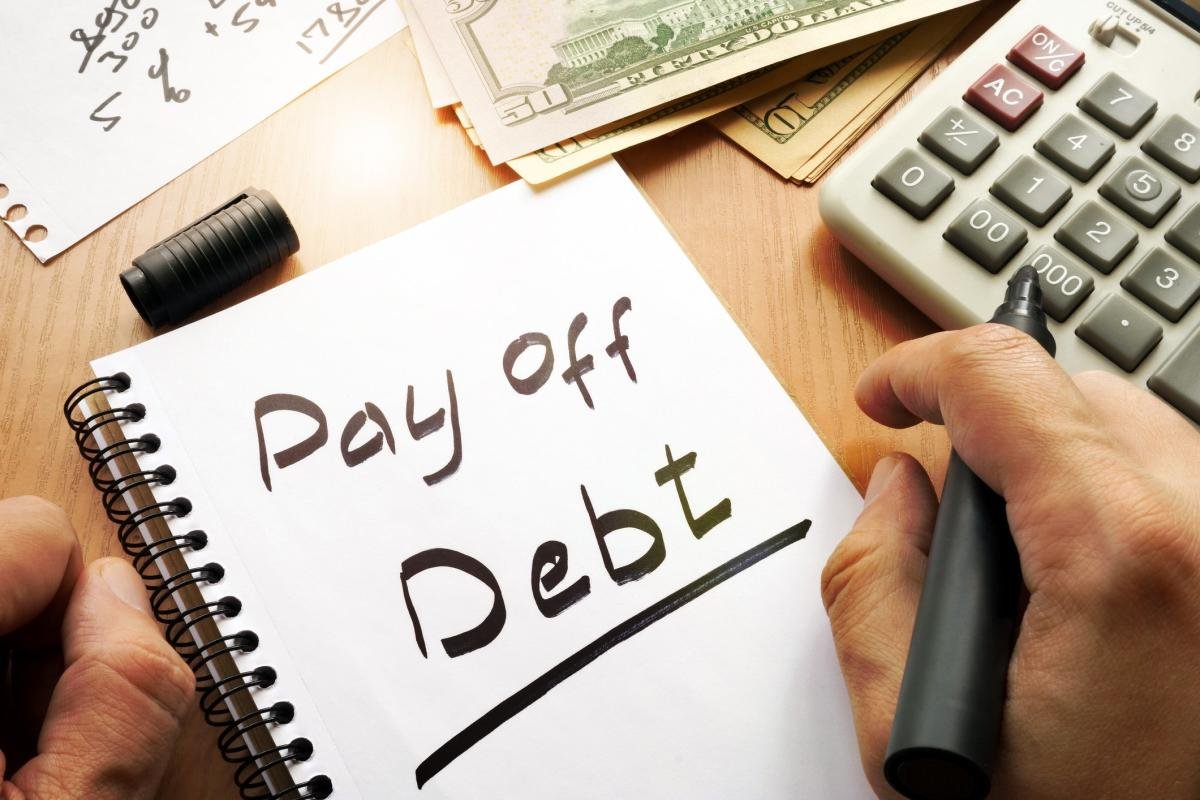
One thought on “Debt Management: Strategies to Pay Off Debt Faster”